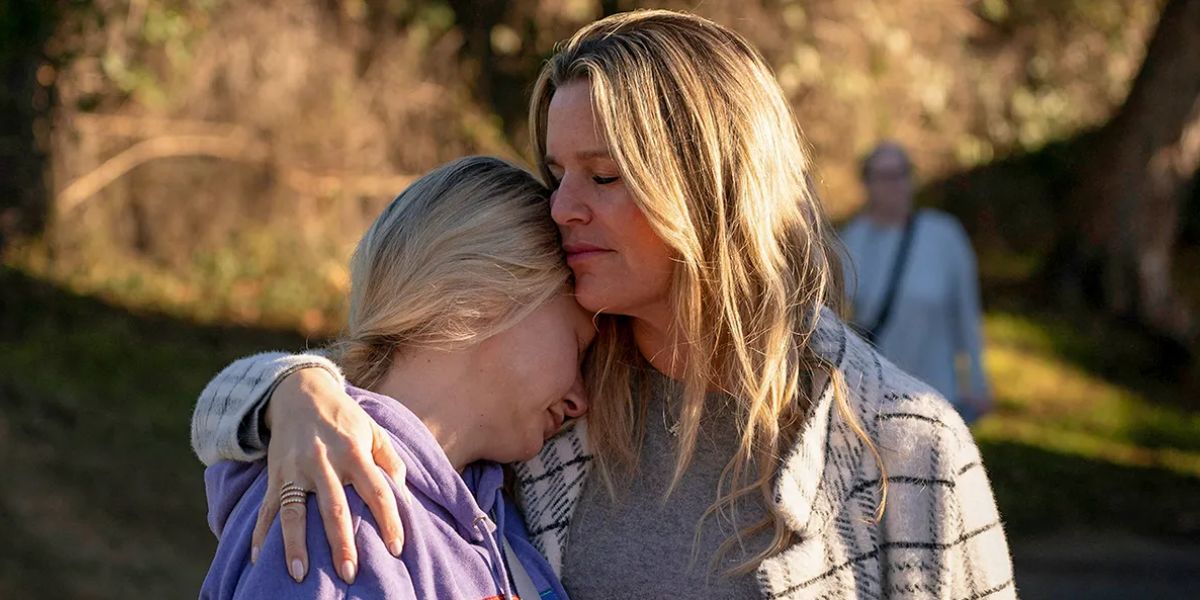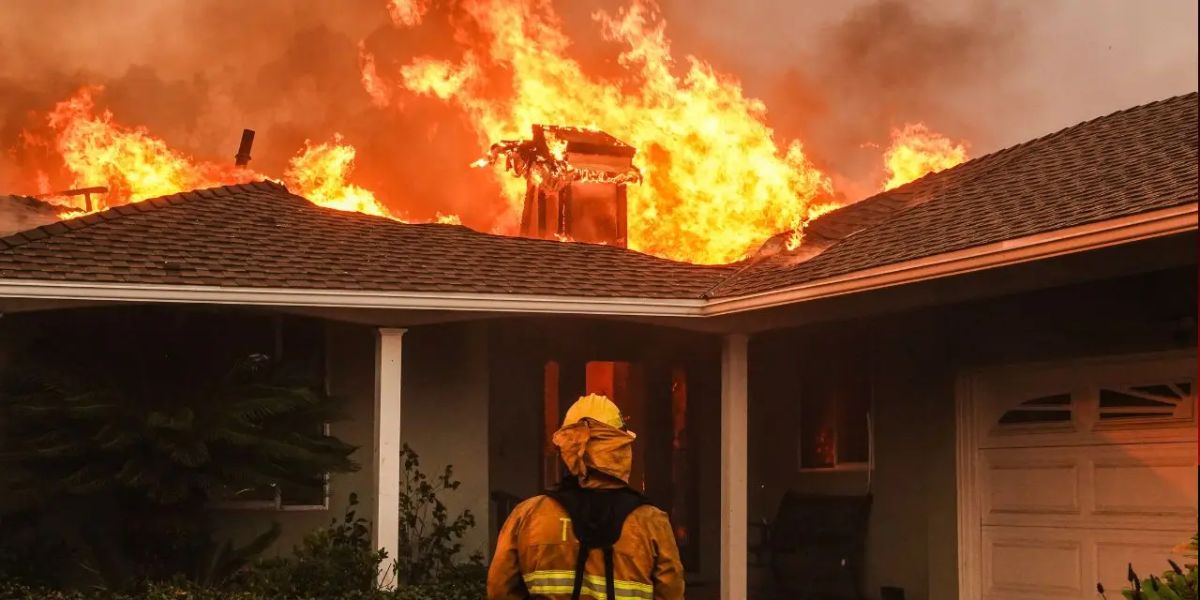Numerous citizens have been forced to evacuate for their life due to the catastrophic circumstances caused by the flames that are presently burning in Los Angeles.
Some people may only need to leave temporarily, and they will eventually be allowed to go back to their homes. Many others, on the other hand, have experienced total destruction since they have lost not only their houses and belongings but also their loved ones.
A major program to support wildfire victims has been established by Spring Health, a company dedicated to removing obstacles to mental health care, in recognition of the devastating impact catastrophic disasters have on mental health.
The program, which aims to give people impacted free mental health support, has received a $500,000 commitment from the corporation.
“We believe that supporting the people in LA is very aligned with our mission as a company,” April Koh, co-founder and CEO of Spring Health stated.
The goal of Spring Health’s Wildfire Mental Health Support Program is to help people who are struggling with the severe stress and loss brought on by the wildfires.
Helping displaced families, first responders, and other vulnerable groups who are suffering the most from these calamities is a special focus of this initiative.
“This program underscores our commitment to making high-quality mental health care accessible to those who need it most, when they need it most,” Koh stated.
Free therapy sessions and other mental health resources will be made available to participants as part of the effort to help them deal with their experiences.
Applications are already “rolling in” for this program, which has received a significant response as the fires continue to wreak devastation throughout the Los Angeles region. Spring Health understands that it takes time and effort to recover from a disaster of this magnitude.
The business wants to alleviate the emotional toll that these wildfires are having on people and families by offering prompt assistance.
“We’re seeing really deeply personal stories of real loss, and, again, feel very privileged to be in a position where we can help,” Koh continued.

Even though the flames are still burning, they are providing their services right now to give victims the resources they need to start rebuilding their lives and getting better mentally.
Because of the ongoing tragedy, many people in the impacted communities are still in heightened stress and terror, which is referred to as “fight and flight mode,” according to Spring Health’s leadership.
This emphasizes how urgent the project is because people require instant access to tools that can support them in managing their mental health at such a crucial moment.
The CEO of Spring Health is urging others in the mental health field to join them in this endeavor in addition to establishing the program. To effectively address the mental health needs of wildfire victims, the company is calling on its colleagues to “join hands” and work together.
Nurses in Northern California Unite to Demand Stronger Staffing and Patient Protection Against AI
In Los Angeles, the situation is still dire as of early Thursday morning. The wildfires have resulted in the verified deaths of at least 25 individuals, while many more remain missing.
The disaster’s economic cost is enormous; according to AccuWeather, the entire damage and financial loss might amount to between $250 billion and $275 billion.
This number highlights the enormous scope of the present crisis, surpassing the total damage from the whole 2020 wildfire season.
According to Cal Fire, the fire has burned more than 12,000 buildings, displacing thousands of residents. In addition, almost 40,600 acres of land had burned, demonstrating the significant damage brought on by the flames.
South Carolina Bill Mandates Cameras in Public School Classrooms for Safety and Accountability
Initiatives such as Spring Health’s Wildfire Mental Health Support Program are essential in meeting the psychological and emotional needs of individuals affected by this disaster.
As people and families travel the protracted road to recovery, the program seeks to provide them a glimpse of hope and a path toward healing by making therapy and mental health resources accessible.




